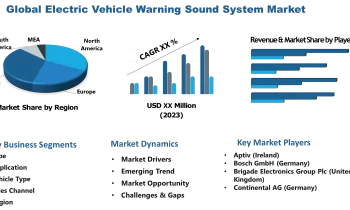
The latest forecast from the World Bank warns that the global economy is “perilously close to falling into recession.”
Should there be a global recession, it would be the first since the 1930’s that there was a global recession twice in the same decade.
Six months ago, the World Bank predicted the global economy would increase by 3% in 2023. However, in the latest report, the World Bank has now revised its growth prediction to just 1.7%.
Should growth come in at 1.7%, it would, with the exceptions of 2009 (post-financial crisis) and 2020 (pandemic), be the slowest rate of growth since 1991.
Citing a number of factors, including the Ukraine war, the report highlights the impact higher interest rates will have on global economies in the coming year. Inflation levels hit generational highs over the last year, although some nations have seen interest rates lower in recent months.
Inflation and Rising Interest Rates to Impact
On inflation, the World Bank said that it expects the global pace of price rises to slow to 5,2% in 2023, down from last year’s 7.6%.
World Bank president David Malpass also pointed out that growth in people’s earnings in almost every part of the world was likely to “be slower than it was during the decade before Covid-19”.
According to data from the World Bank, the COVID-19 pandemic pushed about 70 million people into extreme poverty in 2020, the largest one-year increase since global poverty monitoring began in 1990.
The World Bank also recognised the fragility of the global economy, pointing toward the challenges central banks and governments face in keeping the cost of living down.
Meanwhile, developing countries are also expected to feel the impact of higher interest rates in their cost of borrowing.



